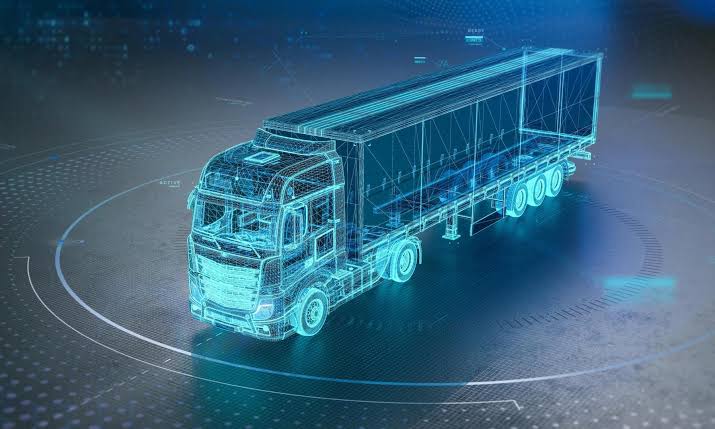
Digital logistics in Africa is transforming the way goods are moved, tracked, and managed across the continent. With the rise of e-commerce, growing urban populations, and increasing trade both within Africa and internationally, the need for efficient, transparent, and technology-driven logistics solutions is more critical than ever. Africa’s logistics landscape is complex due to varied infrastructure development, regulatory environments, and geographical challenges. However, digital technologies are helping to overcome these hurdles, bringing innovation to logistics operations and opening up new opportunities for businesses and consumers alike.
Key Drivers of Digital Logistics in Africa
- E-commerce Growth: The expansion of e-commerce platforms in Africa is pushing the demand for reliable last-mile delivery solutions. Digital logistics enable businesses to meet customer expectations for fast, traceable deliveries.
- Mobile Technology Penetration: Africa has high mobile penetration rates. Logistics companies are leveraging mobile platforms for tracking, communication, and payment solutions, making logistics more accessible and efficient.
- Need for Efficiency and Transparency: Traditional logistics challenges like delays, lack of tracking, and inefficiencies in customs clearance are being addressed through digital tools like GPS tracking, data analytics, and digital documentation.
Digital Logistics Solutions in Africa
- Route Optimization and Tracking: Technologies like GPS and route optimization software help logistics companies plan better routes, reduce fuel consumption, and provide customers with real-time tracking updates.
- Digital Freight Marketplaces: Online platforms connect shippers with transporters, making it easier to find capacity, compare prices, and book services efficiently.
- Last-Mile Delivery Solutions: Digital tools are enhancing last-mile delivery, a critical part of logistics in Africa where infrastructure can be challenging. Motorbike deliveries, locker pickups, and digital payment integrations are streamlining operations.
- Customs Clearance Digitization: Digital platforms for customs clearance are reducing paperwork and speeding up border crossings, a significant pain point in African logistics.
Challenges in Digital Logistics in Africa
- Infrastructure Limitations: In many parts of Africa, poor road infrastructure and limited access to consistent power and internet connectivity pose challenges to digital logistics adoption.
- Regulatory Differences: Cross-border regulations vary widely across African countries. Harmonizing regulations and adopting digital standards could help streamline logistics operations.
- Digital Skills Gap: There’s a growing need for logistics personnel skilled in digital tools and data analysis to maximize the benefits of digital logistics.
Opportunities for Growth
- Intra-Africa Trade: The African Continental Free Trade Area (AfCFTA) presents vast opportunities for digital logistics to facilitate smoother trade between African countries.
- Innovation in Last-Mile Delivery: Given the diversity of urban and rural settings in Africa, there’s room for innovative last-mile solutions tailored to local conditions.
- Partnerships and Investments: Collaborations between logistics providers, tech companies, and governments can drive the adoption of digital logistics, improving efficiency and reducing costs.
Examples of Digital Logistics in Action in Africa
- Logistics startups: Companies like Sendy in Kenya and Lori Systems in Kenya and Nigeria are using digital platforms to optimize logistics operations, offering services like route planning and freight matching.
- Mobile payments integration: Integration of mobile money payments into logistics operations is streamlining transactions between logistics providers, shippers, and customers.
Summary
Digital logistics is playing an increasingly important role in Africa’s growing trade landscape. By leveraging digital tools for route optimization, tracking, customs clearance, and last-mile delivery, logistics companies can overcome traditional challenges and meet the demands of a rapidly growing e-commerce and trade environment.
